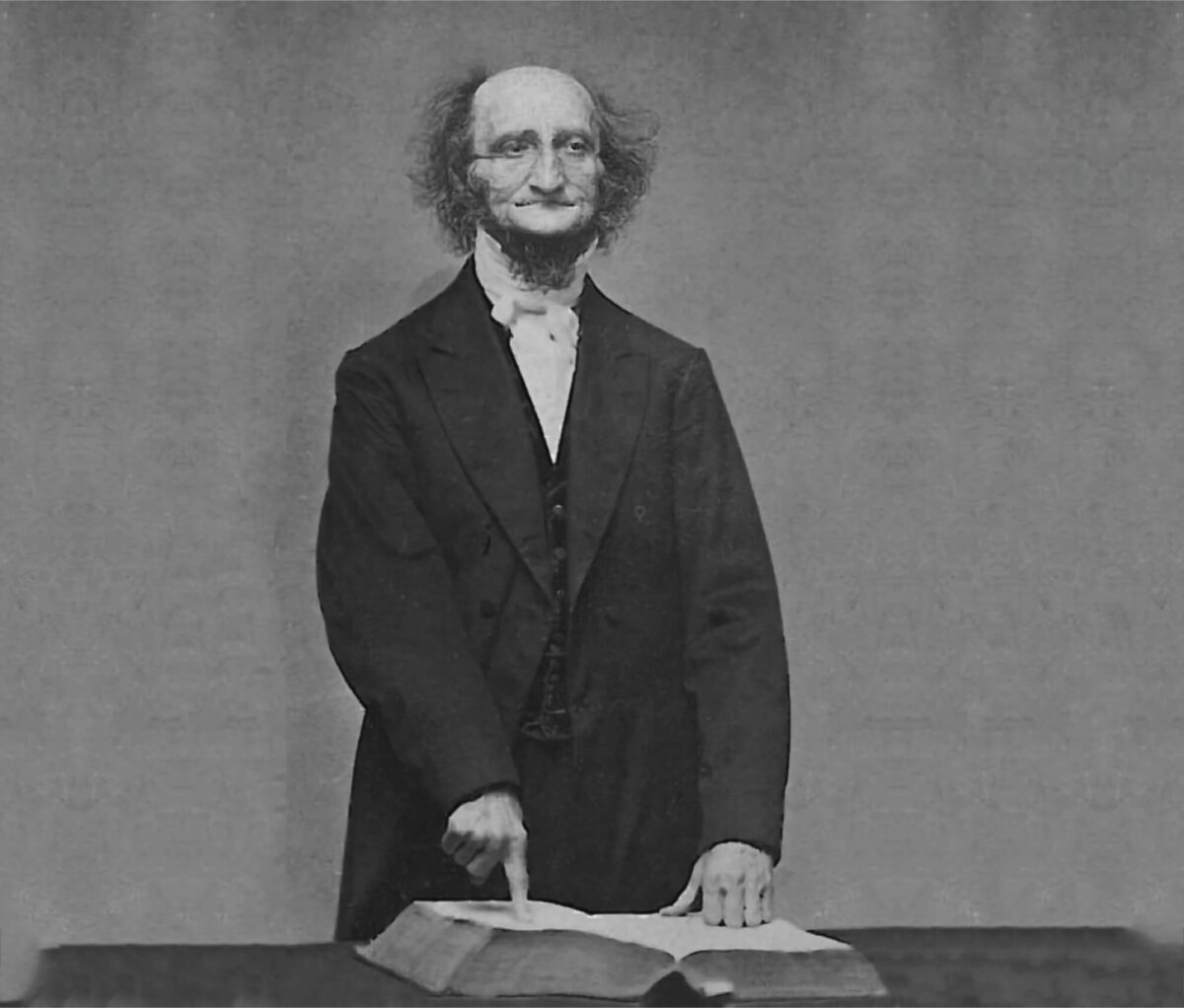Neglected Matters: Shaking off the Dust, Usury, Woman and Work, Head Coverings

Podcast: Play in new window | Download (Duration: 1:54:14 — 217.9MB) | Embed
Subscribe: Apple Podcasts | Spotify | Amazon Music | Youtube Music | More
Hosts

Corey J. Mahler

In a sense, there are no minor doctrines in Scripture. It is only in relation to major, central doctrines (e.g., Atonement, Justification), that any Scriptural doctrine can be termed ‘minor’. However, the Word of God is abundantly clear:
2 Timothy 3:16–17 (ESV): »16 All Scripture is breathed out by God and profitable for teaching, for reproof, for correction, and for training in righteousness, 17 that the man of God may be complete, equipped for every good work.«
There is no room in the Christian life for ignoring — and particularly not for rejecting — anything in Scripture. What God has spoken is true, for God is Truth. Those who would abandon any doctrine risk losing the whole — and their souls with it.
Neglect does not an adiaphoron make.
Subscribe to the podcast here.
Show Notes
See Also
Current Sponsor(s)
Coming soon?
Support the Podcast
Comments?
Join the discussion on Telegram, visit the feedback form or comment below.
I had a man argue that Abraham obeyed Sarah as Sarah obeyed Abraham because the Septuagint uses the same Greek word for Abraham listening to Sarah as the Storm who listened to Jesus thereby obeying him.
Therefore this proves the mutual submission of Husband and Wife. With the status of the Husband is higher than his wife but that doesn’t involve Authority.
That is certainly an interesting (read: silly) argument. The verb in question (Genesis 16:2; Matthew 8:27; Mark 1:27, 4:41; Luke 8:25) is ὑπακούω, which has the following lexical scope:
Obviously, the scope of this verb far exceeds the simple “obey” that your interlocutor was attempting to argue. In the case of Abraham, we know that Sarah’s advice was, in fact, unwise (as it was the result of faithlessness), and caused a great deal of strife (continuing to this day, no less). Did Abraham obey Sarah? No, of course, not — he listened to her advice or recommendation.
Scripture is clear that wives are to submit to their husbands in all things as to the Lord. It is a matter of hierarchy, with the husband always over the wife, and a matter of ontology, with the husband always superior to the wife.
Where can I find information about the nation unveiling you guys talked about? I thought that was a very compelling point (not that the scripture isn’t compelling in itself) but I’m having a lot of trouble finding anything about it online. Thanks.
The ‘national unveiling’ can be read about in a number of different sources (e.g., https://www.fsrinc.org/elizabeth-farians/, ‘Easter Bonnet Rebellion’ [distinct, but related], Ecumenical Task Force on Women and Religion). The attack on the churches can be seen even in the founding documents of NOW: NOW Statement of Purpose.
Veiling went away in the LCMS prior to 1968. Even as early as 1963 head covering was considered “optional” in LCMS churches. We were attending a very conservative LCMS church in Arkansas at that time. Some of the women wore hats, some did not. Age did not seem to matter. By 1966 my family was living in San Antonio, and the principal was the same. I was a young teen and became enamored with the Spanish heritage of the city. I found a lovely veil and began to wear it. I was promptly told I was being “too Catholic.” So I wonder how much Vatican II influenced the LCMS re: head coverings as it did in too many other ways. The irony is just precious.
Please ignore rotten spelling and grammar. My cataract doesn’t permit me to catch such things.
As the old ‘joke’, goes: ‘Rome sneezes and St. Louis catches a cold.’ Some can occasionally go a bit too far in the other direction. We would do well to remember that we did not reject Rome simply because Rome is Rome, but because Rome was (and is) teaching wicked doctrine and theology. There are plenty of good historical practices of the Church that Rome maintains, and the fact that Rome maintains them does not change their nature. Undoubtedly, the anti-veiling and proto-Feminist sentiments began earlier than the 60s, but that was when they really intensified and began to enact changes.
Thank you for addressing head covering, even briefly.
I have been covering in worship for about 5 years and am presently in a group for head covering Lutheran women. I have been researching this topic for the last several years to get more information from the historical point of this practice, as well as puzzling out the verbiage. Like you, I believe it even if I don’t understand it.
Tertullian, in “On the Covering of Virgins”, speak of this topic at some length and really puts paint to the discussion. The church father’s seem to agree with your assertion that this was the custom around almost all of Christendom.
I find it sadly ironic that feminism has abetted the removal of women from the practices of 1 Corinthians 11 while men are still required to doff their hats. And let’s not forget that Vatican II’s marked silence on the practice, practically on the heels of NOW’s public burning/unveiling. Whereas veiling had previously been required in the Roman churches, it was now merely suggested. Curiouser and curiouser.
All that to say that this may or may not be a topic of interest to the public at large, but it’s certainly a movement within even our troubled church body (LCMS), and many women are suddenly starting to ask about how to properly cover their heads in worship.
Thankfully, this is something that is changing with the younger generations. As to hats, I have seen some men who do not remove their hats in the sanctuary, and it is arguably an even worse transgression than women not wearing head coverings. We need to remember that our general position as Lutherans is that historical church practices and traditions should be maintained so long as they contribute to good order and do not transgress right doctrine.
One question, do you guys know if the new Egalitarian interpretations of 1 Corinthians 11 started around the same time as the Feminist movement? That would be another nail in the coffin for them.
The Egalitarian interpretations of that passage date to the 1800s and can be traced to some individuals who were involved in so-called ‘women’s liberation’ movements (e.g., Catherine Booth of Salvation Army fame [or infamy]).